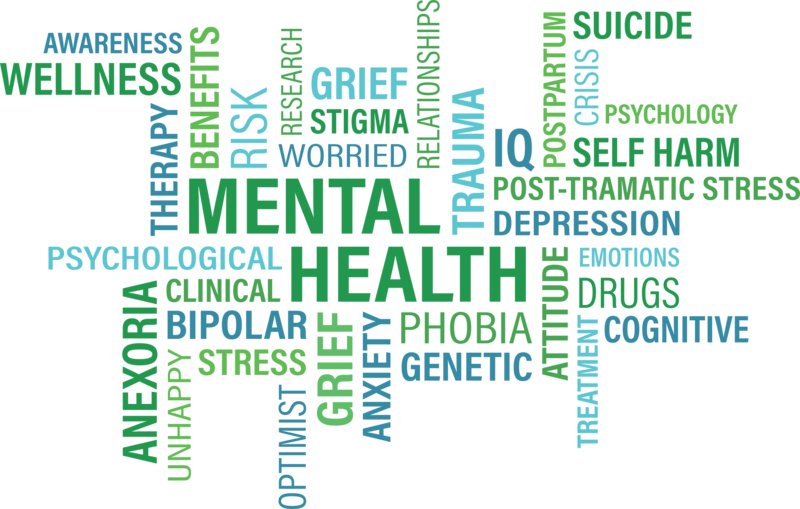The Welsh Government is making a landmark move in the fight against suicide and self-harm with a comprehensive 10-year strategy aimed at addressing the root causes and providing vital support to those in need. The new Suicide Prevention and Self-Harm Strategy, spearheaded by Minister for Mental Health and Wellbeing Sarah Murphy, focuses on building a more supportive and compassionate environment for individuals struggling with these critical issues.
A Multi-Faceted Approach to Mental Health
This new initiative is grounded in six key pillars:
- Listening and Learning: Gathering insights from individuals with lived experience to shape a stronger evidence base.
- Preventing: Identifying and mitigating the risk factors associated with suicide and self-harm.
- Empowering: Breaking down stigma and encouraging open discussions on mental health.
- Supporting: Expanding services for those affected by self-harm or suicidal thoughts.
- Equipping: Preparing support services across Wales to better identify and help individuals at risk.
- Responding: Offering immediate, compassionate, and person-centred care to those affected by suicide or self-harm.
A key element of the strategy includes a £2 million investment in the National Centre for Suicide Prevention and Self-Harm at Swansea University. Funded by Health and Care Research Wales, this research hub will deepen understanding and help guide future policymaking.
Focused and Targeted Solutions
The strategy acknowledges the differing prevalence of suicide and self-harm across various demographic groups. For example, suicide is most common among middle-aged men (30-55 years), while self-harm tends to affect younger women (ages 15-19). This insight will inform tailored interventions aimed at addressing the specific needs of these groups.
In addition, the Welsh Government is enhancing its services for mental health support, including the roll-out of the 111 press 2 phone service for urgent mental health crises. Key improvements also include streamlined points of contact for child and adolescent mental health services, making it easier for young people to access the care they need.
A Collaborative Effort
Sarah Murphy, Minister for Mental Health and Wellbeing, emphasized the importance of collaboration in the strategy. She stated, “This ambitious strategy focuses on building understanding, prevention, and compassionate support for everyone affected by suicide and self-harm. By working across government departments and with our partners, we’re tackling the root causes while ensuring immediate help is available to those who need it.”
The strategy is further supported by the Real Time Suspected Suicide Surveillance (RTSSS) system, which collects direct data from police forces. This data, combined with insights from those with lived experience, will guide the development of policies and support services to ensure they effectively address the needs of those impacted.
Research and Advisory Support
To help steer this effort, the National Centre for Suicide Prevention and Self-Harm will serve as an advisory body to the Welsh Government. In addition, a dedicated National Suicide and Self-Harm team within the NHS Executive will oversee the execution of the strategy.
The Welsh Government’s strategy represents a significant step forward in addressing the urgent challenges of suicide and self-harm. By focusing on evidence-based solutions, compassionate care, and multi-sector collaboration, Wales aims to create a society where mental health issues are met with understanding, support, and timely intervention.
This comprehensive and compassionate approach is an essential move toward improving mental health care in Wales and offers a hopeful model for other regions facing similar challenges.
For further updates on the strategy and its progress, please visit the Welsh Government’s official website.
This article is based on information provided by the Welsh Government and reports from Sarah Murphy, Minister for Mental Health and Wellbeing.



